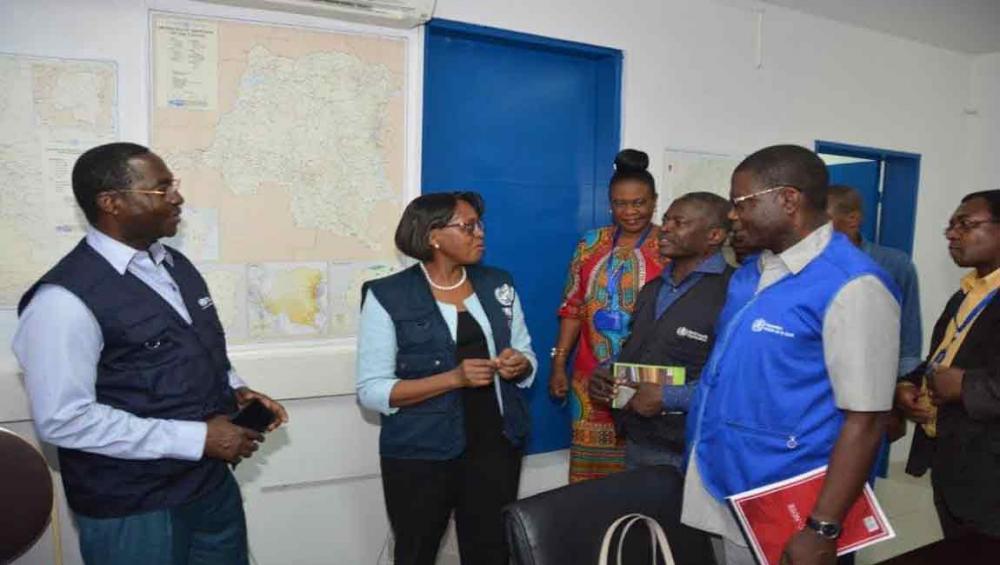Just Earth News 16 May 2017, 06:18 am Print

WHO
Matshidiso Moeti visited the capital Kinshasa on Saturday to discuss with national authorities and partners ways to mount a rapid, effective and coherent response in order to stop the ongoing outbreak.
“I encourage to public to work with the health authorities and take the necessary preventive measures to protect their health,” Dr. Moeti said.
He noted that the UN World Health Organization (WHO) has already mobilized teams, and is also ready to provide the technical expertise and leadership required to mount a coordinated and effective response.
The visit follows notification by the Government of an outbreak in the Likati health zone, in the north. At least three people have died, as of Saturday, and eight additional people are reported to have Ebola.
A Ministry of Health team, supported by the WHO, is scheduled to arrive in the epicenter of the outbreak on Monday.
“The health zone is situated in the remote, isolated and hard-to-reach northern part of the country, with limited transport and communication networks - factors that all impeded transmission of information about the suspected outbreak,” WHO said in a press release.
In the meantime, WHO is recommending that travel and trade are not restricted with the DRC, based on information currently available.
“The full extent of the 2017 outbreak is still not yet clear. Extensive investigation and risk assessments are being conducted and the findings will be communicated accordingly,” the UN agency said.
The Global Outbreak Alert and Response Network (GOARN) has been activated to provide additional support, if required. In addition, reinforcement of epidemiological surveillance, contact tracing, case management, and community engagement are under way.
This is the eighth outbreak of Ebola virus since it was discovered in the DRC in 1976.
- Ukraine’s health system under fire: Attacks spike 20% in 2025, WHO warns
- A dog’s loving lick turned deadly — She woke up without her limbs
- Scientists reveal how exercise could protect your brain from Alzheimer’s
- The cure exists — So why are Cataract patients still going blind?
- New hybrid Mpox strain surfaces in UK and India — WHO sounds global alert





-1763561110.jpg)
